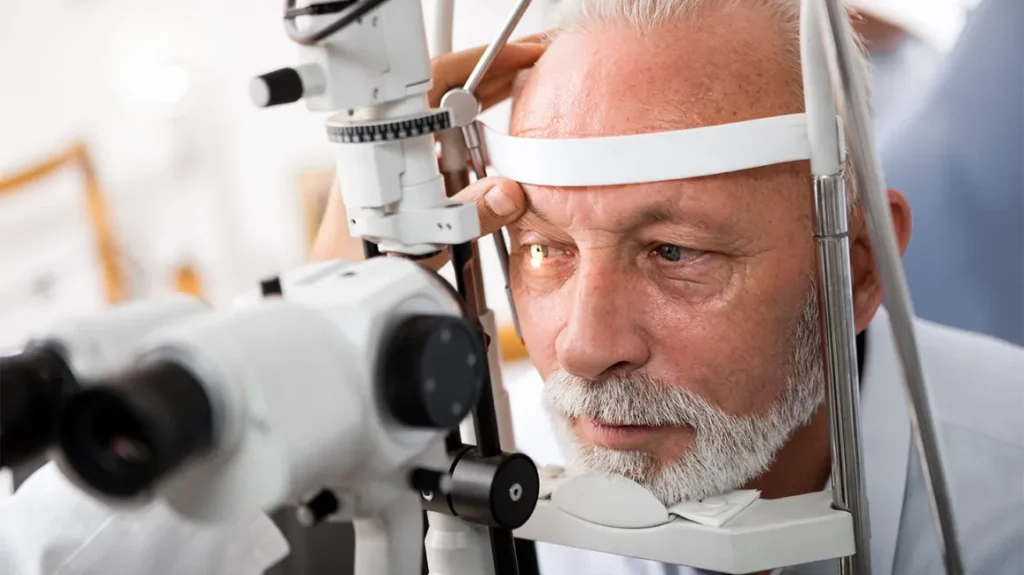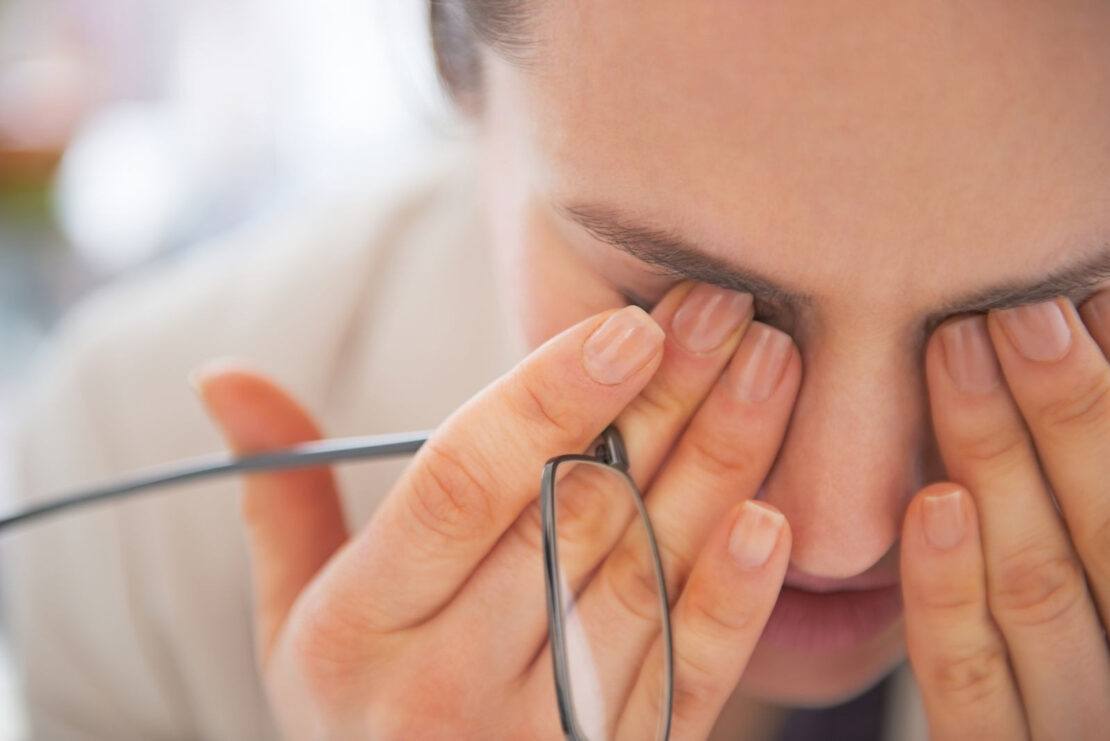If you’ve been noticing that your vision isn’t what it used to be, you’re not alone. Many people experience a gradual decline in their eyesight as they age. There are a number of reasons why this happens, and fortunately, there are things you can do to help slow down the process. In this article, we’ll go over some of the most common causes of vision loss and what you can do to prevent them.

Common Causes of Vision Problems
There are a number of reasons why your vision may be getting progressively worse. Some common causes of vision problems include:
- Aging: As you age, your eyesight naturally begins to decline. This is due to a number of factors, including the loss of elasticity in your eye lenses and the deterioration of your macula (the part of your eye responsible for central vision).
- Diseases: A number of diseases can lead to vision problems, including glaucoma, cataracts, and diabetic retinopathy.
- Injuries: Serious injuries to the eye can also cause vision problems.
- Nutritional deficiencies: Poor nutrition can lead to a number of vision problems, including macular degeneration and night blindness.
If you are experiencing progressive vision loss, it is important to see an eye doctor as soon as possible. They will be able to determine the cause of your vision problems and recommend the best course of treatment. A Florida retina specialist provides comprehensive eye care for patients with a wide range of vision problems.

How to Improve Your Vision?
As we age, our eyesight usually deteriorates. This is because the lenses in our eyes become less flexible, making it more difficult for us to focus.
There are some things you can do to help improve your vision and prevent it from getting worse.
- Eat healthy foods: Eating plenty of fruits and vegetables is good for your overall health, and it can also help improve your vision. Foods rich in antioxidants like beta-carotene and vitamins C and E can help protect your eyes from damage.
- Get regular exercise: Exercise helps improve blood circulation throughout your body, including to your eyes. It can also help reduce eye strain.
- Limit your screen time: Spending too much time looking at screens can cause eye fatigue and strain. Try to take breaks often when using computers or other electronic devices.
- Quit smoking: Smoking is bad for your overall health, including your vision. It increases your risk for developing cataracts and other eye problems.

When to See a Doctor?
If you notice your vision getting progressively worse, it’s important to see a doctor as soon as possible. There are many potential causes of vision loss, and some can be serious or even life-threatening. Early diagnosis and treatment is crucial to preserving your vision and preventing further damage.
Some common causes of vision loss include age-related macular degeneration, glaucoma, cataracts, and diabetic retinopathy. If you have any of these conditions, it’s important to see an eye doctor regularly to monitor your condition and protect your vision.
In addition to seeing a doctor, there are some things you can do at home to help preserve your vision. These include eating a healthy diet, exercising regularly, and not smoking. If you have diabetes, it’s especially important to control your blood sugar levels and monitor your eyesight closely.
By taking these steps, you can help ensure that your vision stays healthy for years to come.
Conclusion
There are many potential reasons why your vision may be getting progressively worse. However, the most important thing you can do is to see an eye doctor so that they can diagnose the root cause of your vision problems and recommend the best treatment options. In some cases, such as with age-related vision loss, there may not be any effective treatments available. However, in other cases, such as with refractive error, glasses or contact lenses can help improve your vision.





